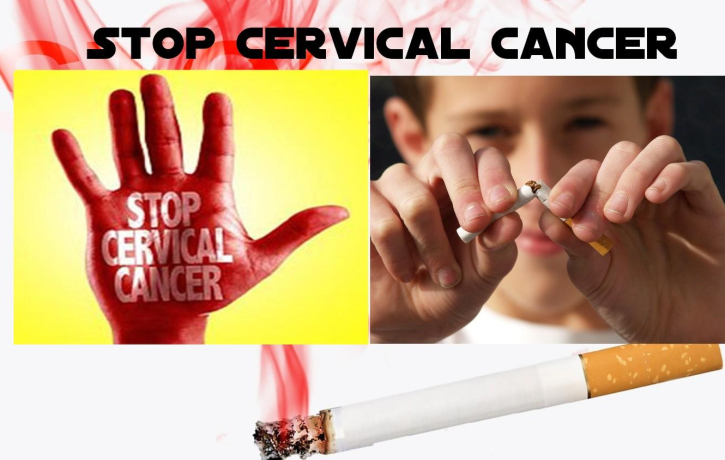- 1 Cervical Cancer: Prevention, Awareness, and Action
Cervical Cancer: Prevention, Awareness, and Action
Introduction
Cancer is one of the most preventable and treatable forms of cancer—yet it remains a major health issue, particularly in low- and middle-income countries like India. The good news is that with awareness, regular screening, and vaccination, we can stop cervical cancer before it starts. This article explores what cervical cancer is, how to prevent it, and why early detection is key to saving lives.
What Is Cervical Cancer?
Cancer starts in the cervix, the lower part of the uterus that connects to the vagina. It usually develops slowly and can be detected in its early stages through regular screening.
Primary Cause:
Almost all cervical cancer cases are caused by persistent infection with high-risk types of human papillomavirus (HPV), a common sexually transmitted virus.
Who Is at Risk?
While any woman can develop cervical cancer, certain factors increase the risk:
-
HPV infection (especially types 16 and 18)
-
Early sexual activity
-
Multiple sexual partners
-
Smoking
-
Weakened immune system
-
Long-term use of birth control pills
-
Poor genital hygiene
-
Lack of regular screening
Common Symptoms of Cervical Cancer
In the early stages, cervical cancer often shows no symptoms. However, as it progresses, you may notice:
-
Abnormal vaginal bleeding (especially after sex or menopause)
-
Unusual vaginal discharge
-
Pain during sexual intercourse
-
Pelvic or lower back pain
If you experience any of these, consult a doctor immediately.
How Can Cervical Cancer Be Prevented?
1. HPV Vaccination
The HPV vaccine is the most effective way to prevent cervical cancer. It protects against the most dangerous HPV strains and is recommended for:
-
Girls and boys aged 9–14 (before sexual activity begins)
-
Young adults up to age 26 (if not vaccinated earlier)
2. Regular Screening
Two main tests can detect cervical abnormalities early:
-
Pap smear test – Detects pre-cancerous cells in the cervix.
-
HPV test – Detects high-risk HPV infections.
Screening Guidelines:
-
Start screening from age 21
-
Pap test every 3 years (ages 21–29)
-
Pap + HPV test every 5 years (ages 30–65)
3. Lifestyle Choices
-
Avoid tobacco
-
Practice safe sex
-
Maintain genital hygiene
-
Boost immunity through a healthy lifestyle
Cervical Cancer in India: A Critical Issue
India accounts for nearly one-fourth of the world’s cervical cancer deaths, with thousands of women dying each year due to late diagnosis and lack of awareness. In rural areas especially, social stigma, poor access to healthcare, and myths surrounding cancer and vaccines worsen the situation.
Steps to Stop Cervical Cancer
For Individuals:
-
Get vaccinated against HPV
-
Schedule regular screening tests
-
Spread awareness among friends and family
-
Consult a doctor if you notice symptoms
For Communities and Schools:
-
Organize free vaccination drives
-
Host awareness workshops and talks
-
Educate parents and teenagers about HPV
For Policymakers and Health Systems:
-
Include HPV vaccination in national immunization programs
-
Ensure affordable or free screening at public health centers
-
Promote gender-sensitive cancer awareness programs
Myths vs Facts
| Myth | Fact |
|---|---|
| Only sexually active women get cervical cancer | HPV can be contracted even without penetrative sex |
| HPV vaccine promotes early sexual behavior | There is no evidence to support this; it prevents cancer |
| Pap tests are only needed if there are symptoms | Pap smears are preventive, not diagnostic |
| Cervical cancer is rare | It is the second most common cancer in Indian women |
Conclusion
Cervical cancer is preventable, detectable, and treatable, yet it continues to claim lives due to lack of awareness and action. By vaccinating early, screening regularly, and educating widely, we can stop cervical cancer and save countless lives.
Let’s break the silence, fight the stigma, and stand together for women’s health—because no one should die from a disease that is so easily preventable.
Call to Action:
Get Screened. Get Vaccinated. Spread the Word.
Together, we can create a cervical cancer-free future.








